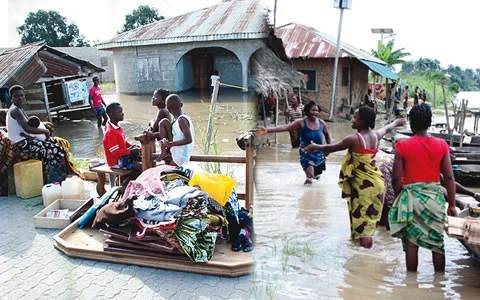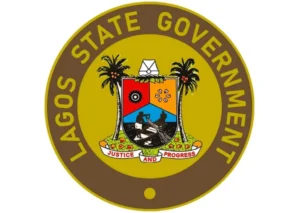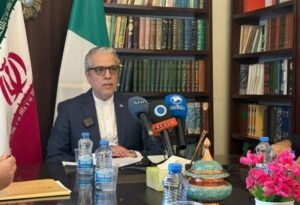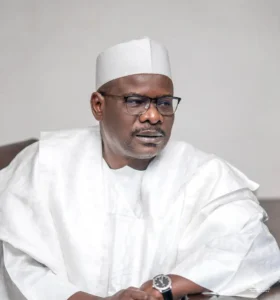As the rainy season starts in Nigeria, many people are worried about floods. The Nigerian Meteorological Agency (NiMET) warned early this year that floods might happen in many states, including Niger. Sadly, the recent floods in Niger were very bad, causing a lot of damage and loss of lives.
NiMET said that most parts of Nigeria will get normal or less rain than usual this year. But heavy rain is expected between May and June, which could cause sudden floods in some cities, especially those near the coast.
The Federal government also warned that more than a thousand towns in 30 states, plus parts of Abuja, are at risk of floods. In 2024, flooding already caused damage in northern parts of Nigeria like Borno, Maiduguri, Kano, and Jigawa. Homes and farms were washed away in some areas.
This year, many states including Abia, Adamawa, Lagos, Niger, and others have been listed as flood-prone. The Nigeria Hydrological Services Agency (NIHSA) added that dams in Niger State, such as Shiroro and Kainji, may overflow, which can cause floods downstream.
Tragically, over 150 people have died in the recent floods in Niger State, and the number might rise as rescue work continues.
Even though the federal and state governments knew about the flood warnings early, not much has been done to stop or reduce the damage. Umar Sale Anka from the Institute of Environmental Practitioners of Nigeria explained that emergency responses were slow because of poor planning, lack of money, and too few workers, especially at the state level.
He also pointed out that forests, which used to help absorb rainwater, have been cut down. This makes floods worse because water rushes faster into towns. Insecurity in some areas makes it hard for aid groups to reach people who need help.
Cultural beliefs also make it difficult to move people away from flood-prone areas. Many families do not want to leave their homes because they feel connected to their land and ancestors. This makes it harder for officials to plan emergency moves.
All these problems – natural disasters, environmental damage, insecurity, and cultural challenges – leave many Nigerians vulnerable to floods.
In Kano State, the Emergency Management Agency (SEMA) is working with other groups like the National Emergency Management Agency (NEMA) to try and stop floods before they happen. Floods have already been reported in some areas of Kano like Madobi and Shanono.
SEMA’s Executive Secretary, Isyaku Kubarachi, said they will hold meetings with important people and the media to discuss how to reduce flood risks in the state.
Floods are a serious problem in Nigeria, especially during the rainy season. Early warnings are helpful, but more needs to be done to prepare and protect people from disaster. Without stronger action, many communities will continue to suffer great losses.







